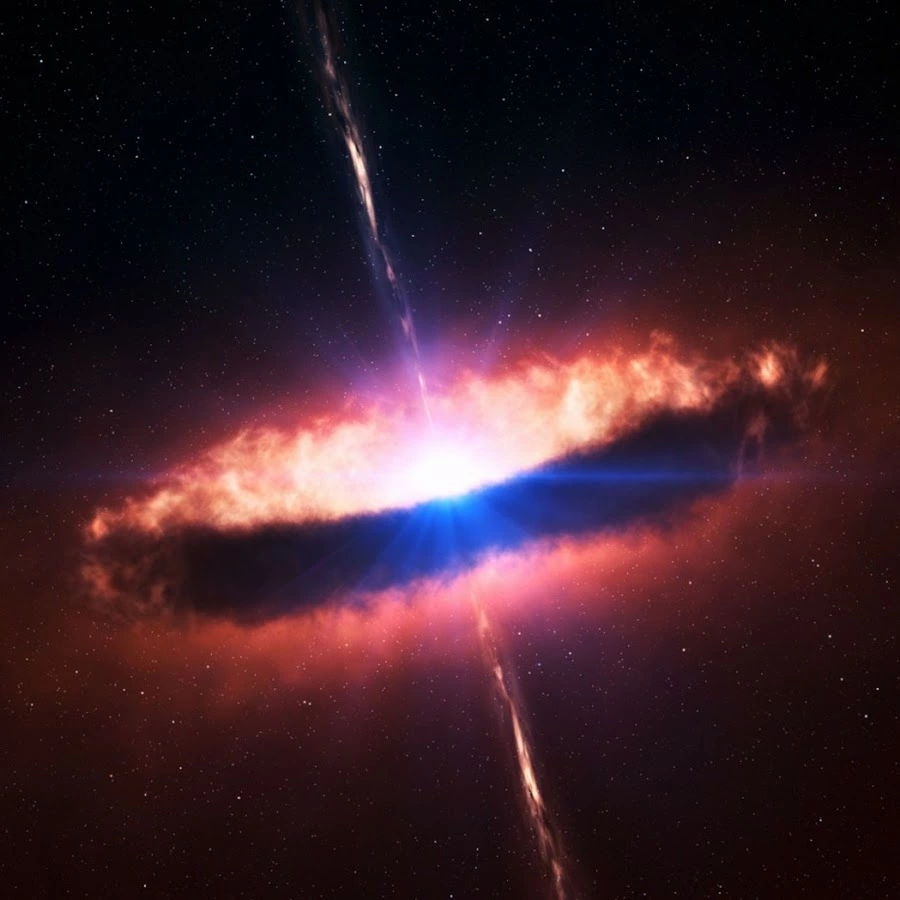I’ve read that at the center of large celestial bodies there’s zero gravity (or close to). While confirmation would be nice, if true, I’m wondering how large that area can actually be and moreover, does it scale up with more mass and/or even size - that is, does the sun have a larger center area of low (zero?) gravity than the earth and so on with evermore mass. Or is that area the same regardless of mass’ size?
Thank you


I thought this was wrong, but it is true:
Brb fixing my other comments.
Yeah it’s a pretty counter intuitive result. I’d expect a greater pull of gravity towards the nearer side, but it turns out to be exactly cancelled out by the greater mass on the further side.
E: oops, looking at your edited comment, I should stress this is only for hollow bodies. Your comment pre-edit was correct for non-hollow bodies. If you’re part way to the middle of a planet, you can think of the planet as two sections, a small sphere for the part that’s below you, and a larger hollow shell for the rest. You experience no gravity from the outer shell, so only feel gravity of the smaller mass below. 10m from the earth’s center, you feel equivalent gravity to if you were on a 10m radius iron sphere.